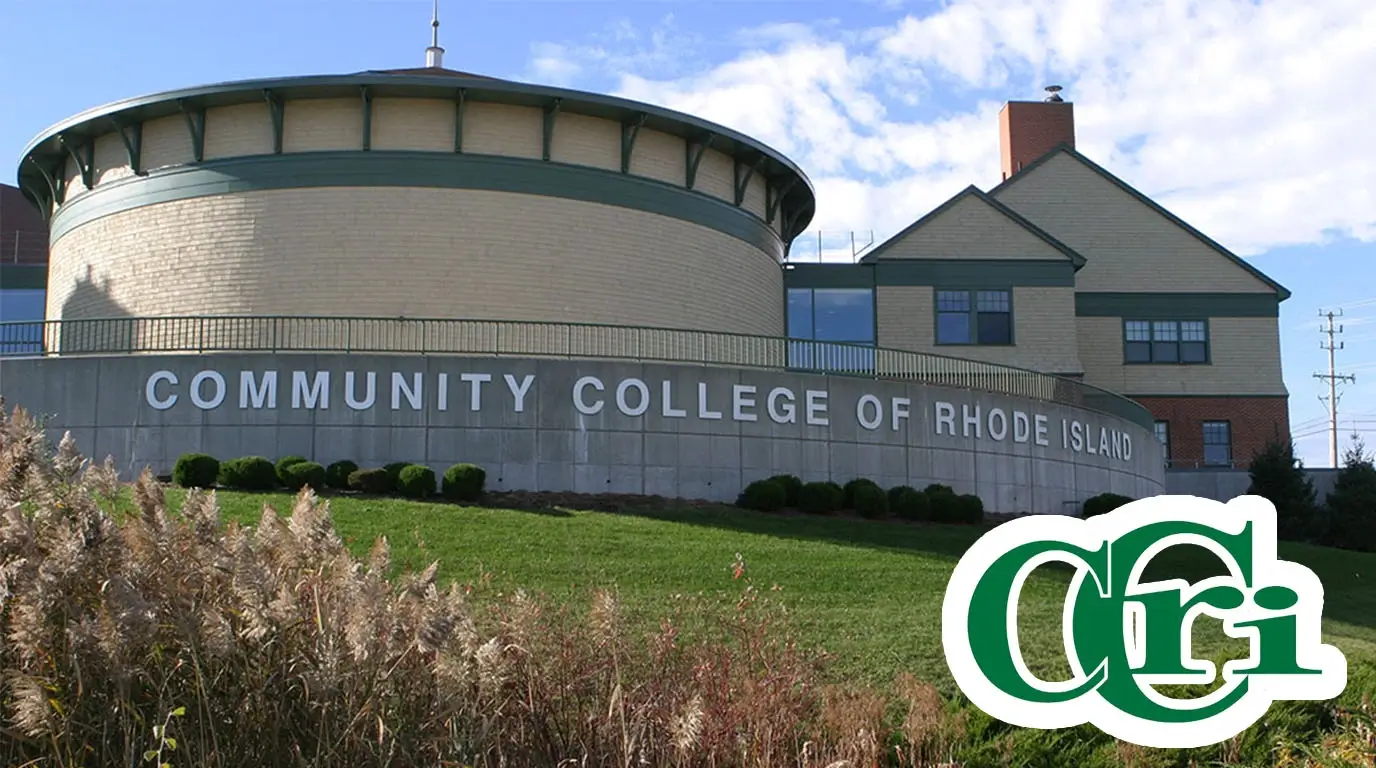Becoming a Paralegal in Ohio – Your State-Specific Guide
Hey, here’s something to chew on: did you know Ohio’s paralegal jobs are expected to grow by about 11% over the next decade? That’s what the state’s labor folks were projecting a while back, and it’s a pretty clear sign that becoming a paralegal in Ohio could be a smart move if you’re looking to break into the legal world without the law school haul. I’ve been around this game long enough—writing about it, optimizing career sites, guiding folks—to know it’s a gig with real legs. So, what’s it take to get there in the Buckeye State? That’s what we’re digging into here, all tailored for Ohio.
I’ve seen the legal scene shift over the years, and Ohio’s got its own flavor—big firms in Columbus, steady government work in Cleveland, smaller outfits in places like Dayton. This isn’t some one-size-fits-all rundown—it’s for you, someone eyeing a paralegal career right here in Ohio. Let’s get into it.
Introduction: Why a Paralegal Career in Ohio?
Think about this: you’re in a law office, piecing together case docs or hunting down that one statute that turns the tide. That’s what a paralegal does every day. In Ohio, paralegals are the unsung heroes keeping law firms, corporate legal teams, and even public offices humming along. With cities like Cincinnati and a sprawl of smaller towns, Ohio’s legal landscape is a mix of hustle and heart—and becoming a paralegal in Ohio puts you smack in the middle of it. This guide’s your roadmap, packed with state-specific details to get you started.
Paralegal Definition and Regulation in Ohio
Does Ohio Legally Define “Paralegal”?
Here’s the deal—Ohio doesn’t have a fancy legal definition for “paralegal” or “legal assistant” etched into its codebooks. The Ohio State Bar Association (OSBA) keeps it practical, though—they say a paralegal is someone trained up to do “substantive legal work” under an attorney’s watch. That’s researching case law, drafting documents, keeping things organized—stuff a lawyer would handle if you weren’t there. It’s not law, just the working vibe.
Are There Any State Regulations for Paralegals in Ohio?
Nope, no state regulations here. Ohio doesn’t make you get a license or pass some test to call yourself a paralegal. You’re free to jump in without a government stamp. That said, the OSBA’s got guidelines—think Rule 5.3 of the Ohio Rules of Professional Conduct. It’s all about working under a lawyer who’s on the hook for ethics. No giving legal advice on your own, no stepping over the line—your attorney’s the boss, and they keep it legit.
Key Takeaway:
- Ohio’s laid-back—no formal regs, just attorney oversight and some ethical ground rules.
Education Requirements and Recommended Programs in Ohio
Are There Specific Educational Requirements in Ohio?
Legally, you don’t have to have a degree to be a paralegal in Ohio—no state law says so. But let’s be real: most employers aren’t tossing jobs to someone with just a high school diploma unless they’ve got serious experience already. An Associate’s in paralegal studies is the practical starting point here, especially if it’s from an ABA-approved program. A Bachelor’s ups your odds, and a certificate’s fine if you’ve got a degree in something else. Firms in Columbus or Cleveland? They’ll perk up at that ABA label.
Recommended Paralegal Education Programs in Ohio
Ohio’s got some solid options for legal assistant training. Here’s a few I’d point you toward:
- Columbus State Community College (CSCC) – ABA-approved Associate of Applied Science in Paralegal Studies. They’ve got evening classes and real-world prep like internships—great for central Ohio folks.
- University of Cincinnati – Offers an ABA-approved Bachelor’s in Paralegal Studies and a certificate track. It’s got a rep for churning out sharp paralegals, especially in the southwest.
- Cuyahoga Community College (Tri-C) – Cleveland’s go-to with an ABA-approved Associate’s and a post-degree certificate. Flexible and hands-on.
These are your heavy hitters, but Ohio’s got more—think Sinclair in Dayton or Kent State if you’re scouting around.
Online Paralegal Programs for Ohio Residents
Not near a campus? Online’s a game-changer. CSCC and UC have some virtual options, and national players like Purdue Global or Ohio University’s online arm can fit the bill, too. It’s perfect if you’re in a rural spot or juggling life—flexibility’s the key for paralegal education programs in Ohio.
Key Takeaways:
- No required degree, but an Associate’s or certificate is your baseline.
- ABA-approved programs like CSCC’s or UC’s give you an edge.
- Online options make it work wherever you’re at in Ohio.
Paralegal Certification and Credentials in Ohio
Is State-Specific Paralegal Certification Mandatory in Ohio?
Nope, Ohio doesn’t have its own certification, and it’s not mandatory. You can start working without any fancy letters after your name. That said, the pros here—like the Ohio State Bar—nudge you toward voluntary creds to stand out.
Nationally Recognized Certifications Relevant in Ohio
Here’s what’s big:
- NALA’s Certified Paralegal (CP) – Run by the National Association of Legal Assistants (NALA), this is the gold standard. Pass the exam, and you’re showing Ohio firms you’ve got the goods—research, drafting, ethics.
- NFPA’s CORE Registered Paralegal (CRP) – From the National Federation of Paralegal Associations, it’s less common but still respected, especially with experience.
Benefits of Certification in Ohio
Why bother? In Ohio, certification can bump your average paralegal salary by $5K-$10K a year, especially in cities like Cincinnati. It’s a credibility boost—lawyers see that CP and know you’re serious. Plus, it’s a ladder to better gigs, maybe even supervising down the line.
Key Takeaways:
- No state certs required, but NALA’s CP or NFPA’s CRP can lift you up.
- Certification means more cash and clout in Ohio’s legal market.
Paralegal Associations in Ohio
State-Level Paralegal Associations in Ohio
Networking’s huge, and Ohio’s got some groups to check out:
- Ohio State Bar Association Paralegal Section – Not a standalone association, but a hub for resources and events.
- Central Ohio Association of Legal Assistants (COALA) – Columbus-focused, with job boards and meetups.
- Cleveland Association of Paralegals (CAP) – Big in the northeast, offering CLE and networking.
Benefits of Joining a Paralegal Association in Ohio
These groups are gold—think luncheons with legal pros, seminars to sharpen your skills, and early dibs on law firm jobs in Ohio. I’ve seen folks land gigs just from a chat at a COALA event. They’re also a pipeline to continuing legal education (CLE), keeping you in the loop.
Key Takeaway:
- Ohio’s paralegal associations are your ticket to connections and growth—don’t sleep on them.
Job Market Outlook and Salary for Paralegals in Ohio
Current Job Market for Paralegals in Ohio
The job market for paralegals in Ohio is solid. Columbus has heavyweights like Bricker & Eckler, while Cleveland’s got Jones Day and government roles. Cincinnati’s corporate scene and smaller towns like Akron keep it diverse. There’s something for everyone here.
Average Paralegal Salary in Ohio
What’s the pay? The Bureau of Labor Statistics had Ohio’s median at $55,200 in 2022 (dig into paralegal salaries here). Entry-level’s around $40K, but with experience or a specialty—like litigation—you could hit $70K in urban spots. Location matters—Columbus pays more than rural areas.
Job Growth Projections for Paralegals in Ohio
Ohio’s labor data pegged paralegal career outlook at 11% growth through 2026—about 1,600 openings a year with replacements. The trend’s holding as firms lean on paralegals to cut costs. Steady demand, no doubt.
Key Takeaways:
- Ohio’s got a mix of paralegal jobs—firms, government, corporate.
- Average paralegal salary in Ohio ranges $40K-$70K, depending on experience and city.
- Growth’s strong—plenty of openings ahead.
Key Takeaways: Steps to Becoming a Paralegal in Ohio
Ready to roll? Here’s your checklist:
- Research paralegal education programs in Ohio—start with CSCC or UC.
- Pick your path: Associate’s, Bachelor’s, or certificate if you’ve got a degree.
- Consider ABA-approved programs for the win.
- Explore certs like NALA’s CP or NFPA’s CRP.
- Join Ohio paralegal associations—COALA or CAP are solid.
- Start your job hunt—target Ohio’s legal hubs like Columbus or Cleveland.




